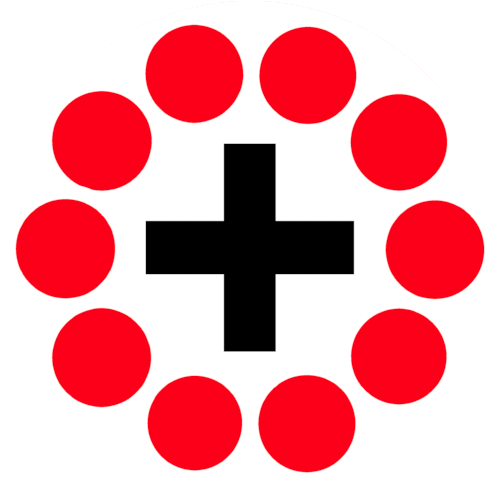Rosary Team
Saint Rafqa ✠ Brushed #Aluminum #MetallicIcon #AluminumPrint
Saint Rafqa ✠ Brushed #Aluminum #MetallicIcon #AluminumPrint
Couldn't load pickup availability
Rafqa was born in Lebanon on 29 June 1832, on the Feast of Saint Peter and Paul. She was named Boutrossieh (the feminine name of Peter). Her mother died when she was 7 years old, and her father struggled financially. He sent Boutrossieh away to work as a servant for 4 years in Damascus. When she returned home she found her father had remarried.
At 14, her stepmother and her aunty were arranging for her to marry, but she did not want to marry. She wished to become a nun and went straight to the Convent of Our Lady of Liberation at Bikfaya. Her father and stepmother tried to persuade her to come back home, but she refused and asked the mistress of novices to excuse her from seeing them and she agreed. They returned home and never saw her again.
On 9 February 1855, on the feast of Saint Maroun, Boutrossieh commenced her novitiate (the period of training and preparing someone for the religious institute) at the convent in Ghazir. She took her temporary vows on 19 March 1862. She was assigned to be in charge of the kitchen service in the Jesuit school in Ghazir, where she spent seven years. In 1860, some Jesuit priests invited Boutrossieh and another nun to assist them in their mission in Deir El Kamar. It was a time of civil unrest. One day while walking the streets, she noticed a little Maronite boy being chased by soldiers, wanting to kill him. Boutrossieh hid him under her religious robe. Civil unrest made it dangerous to remain and forced Boutrossieh back to Ghazir. She established a school at the request of Antoun Issa, he wanted her to come to his town to educate the girls. This school grew to have up to 60 girls, and Boutrossieh stayed there for 7 years, fulfilling this mission.
After the Marian Order where Boutrossieh belonged was dissolved, she entered the convent of Saint Simon in Ayto. In 1872 she took her perpetual vows of obedience, chastity and poverty and took the name Rafqa after her mother. She was an example to her fellow sisters, always in prayer and silent in hard work. The sisters worked manual labour, harvesting vegetables and grain, they also cultivated silkworms and sewed vestments for the churches. After 14 years at this convent Rafqa felt that she was called to bigger sacrifices. She asked to be closer to God and to share in Jesus’ passion. God answered her prayers immediately. That night she felt a terrible headache which quickly spread to her eyes. She suffered this way silently for 12 years, and it caused her to lose her sight. Her superior sent her to be examined by many doctors, all which concluded they could not do anything to help her. An American physician was consulted and he decided that surgery was necessary for Rafqa. Rafqa refused aesthetic, and offered up the pain. During the surgery the doctor accidently pulled her whole eye out. Rafqa didn’t complain, instead she continued to pray, repeating “I join my sufferings to yours, my Jesus.” Rafqa even thanked the doctor after his mistake. The pain was in her left eye, and surgery did not help, gradually she became blind and her eyes continued to haemorrhage. She did not let this suffering isolate her from the other sisters. Rafqa continued to work, spinning wool and cotton and knitting stockings for the other sisters and participating in prayer.
One day Rafqa commented to the Mother Superior of great pain in her waist. Her body was weakening and she was eventually bedridden, although she was still able to use her hands and she thanked God for this as she used her hands to work.
Rafqa died on 23 March 1914, and was buried in the convent’s cemetery under the oak trees. She was beatified on 10 June 2001 by Pope John Paul II.
We remember a remarkable woman, who lived a humble life. Although she suffered, she never complained and continued to give thanks for the opportunity to share in Christ’s passion. We ask for the intercession of Saint Rafqa for all those who are suffering, may the Lord comfort them. Like St Rafqa may we be able to join our suffering with Jesus’ suffering on the cross.
—
Brushed Aluminum Print
Your Icon printed on brushed aluminum looks amazing and lasts a lifetime. As it is light it is well-suited also for large formats and art pieces. Colors are highly saturated, even in large monochrome areas. The print is matte and glare-free. Icons look especially stunning.
- Direct printing – Image is printed straight onto the surface of the aluminum Dibond panel
- The brushed aluminum adds texture and depth to your icon
- Matte and glare-free
- The grain direction is horizontal
Share


























